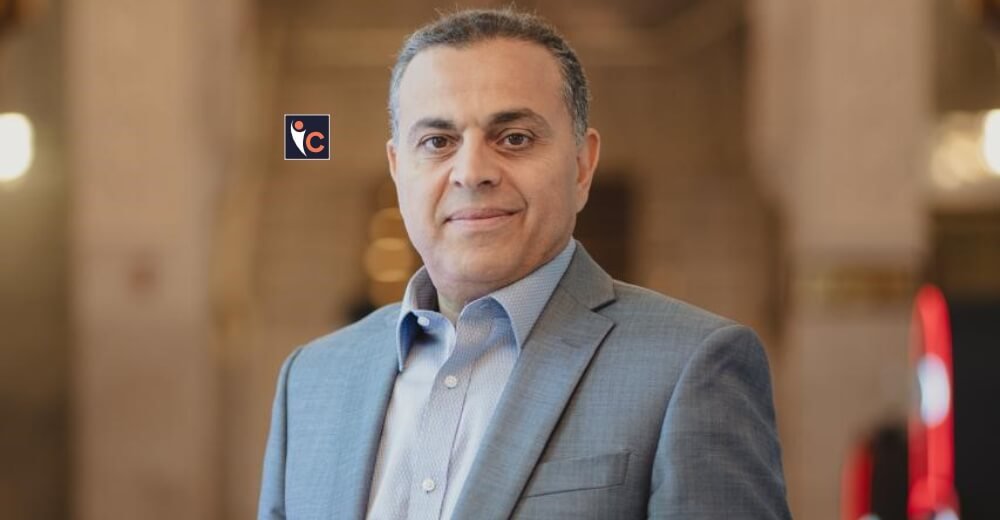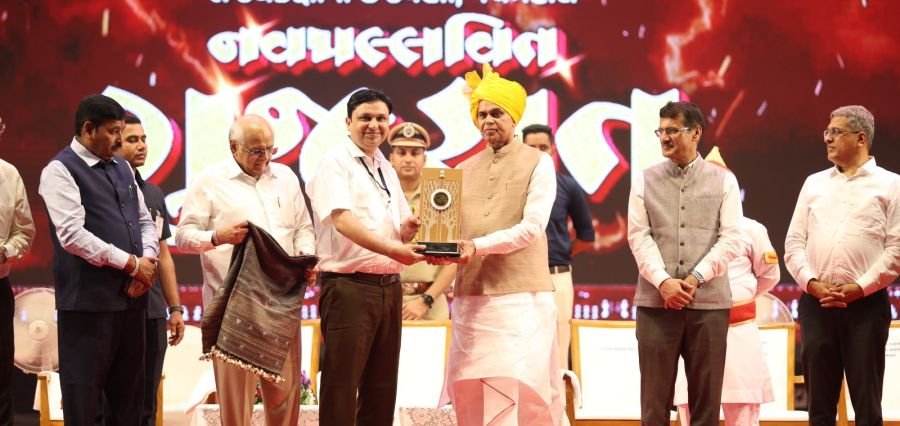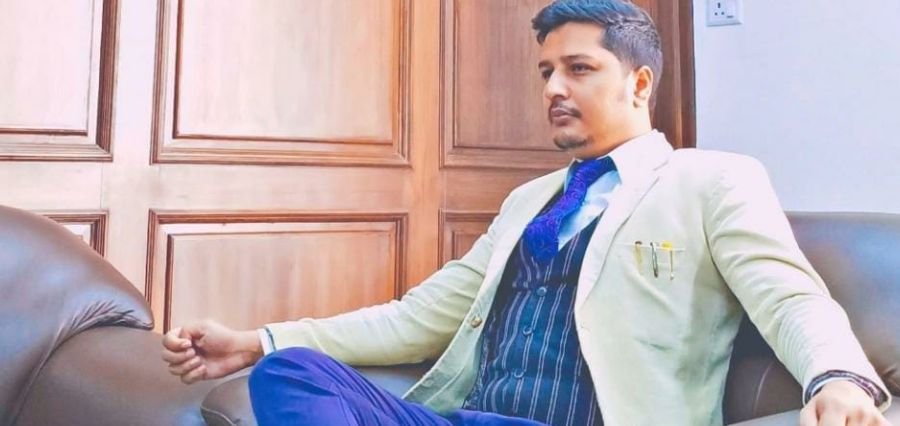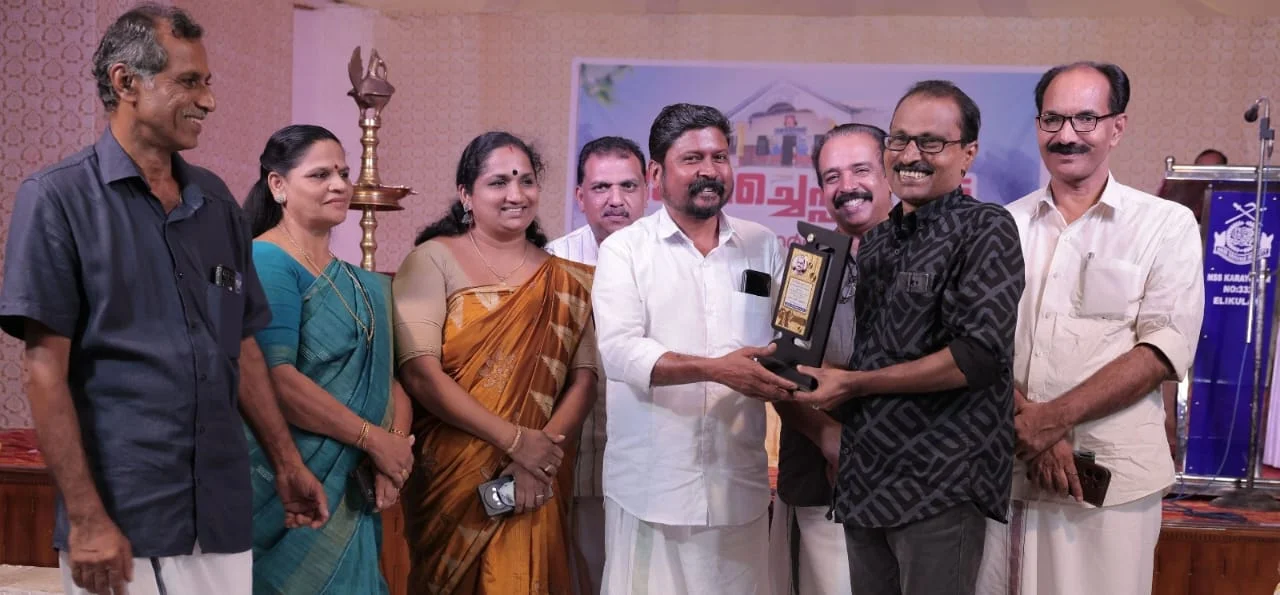Khaled Sary, General Manager of Takeda’s West Gulf Cluster, has emerged as a key figure in the Arab world’s healthcare sector, leading with a focus on innovation and sustainable healthcare solutions. With a robust career spanning over two decades, Sary has cultivated a deep expertise in navigating the complex pharmaceutical landscape of the Gulf region. His leadership is distinguished by a commitment to addressing the most critical healthcare challenges, particularly in areas of unmet need like chronic diseases and specialty care. Through strategic collaborations and a forward-QA-thinking approach, Sary has positioned Takeda as a leader in delivering transformative therapies.
His vision is to continuously elevate healthcare standards, while balancing global best practices with the unique requirements of local markets. Under his guidance, Takeda is not only meeting current healthcare needs but also shaping the future of patient care in the West Gulf Cluster.
Let’s delve into the interview details below!
Can you tell us about your journey in the pharmaceutical industry and what inspired you to pursue a career in healthcare leadership?
I began my career as a physician, driven by a passion for healthcare and a desire to make an impact. I started as a medical representative in Egypt and moved to Saudi Arabia in 2001, where I worked in various roles like Sales and Marketing Manager and Business Unit Head. Joining Takeda as a Business Unit Manager was a pivotal moment, blending my medical expertise with leadership skills.
Currently, I serve as the General Manager of the West Gulf Cluster, covering Saudi Arabia, Qatar, Oman, and Bahrain. My career has been both rewarding and transformative, driven by the desire to contribute to healthcare leadership. Every step of my journey has reinforced my commitment to advancing healthcare and mentoring others.
As General Manager of Takeda in the West Gulf Cluster, what do you see as the most significant healthcare challenges facing the Arab world today, and how is Takeda working to address them?
The Arab world faces significant challenges like the rise of chronic diseases, the need for advanced cancer and rare disease treatments, and ensuring patient access to innovative therapies. At Takeda, we are committed to delivering transformative treatments, partnering with stakeholders to support healthcare sustainability.
Our work focuses on core areas like rare diseases, oncology, and neuroscience, addressing patient needs with innovative solutions. We strive to improve healthcare access, transforming lives with cutting-edge therapies while helping reduce disparities in the health ecosystem.
You’ve had experience in various roles within Takeda, including specialty care and oncology. How has this diverse background shaped your approach to healthcare management in the region?
My experience in specialty care and oncology has given me a deeper understanding of healthcare needs. Specialty care taught me the importance of personalized patient care, while oncology highlighted the complexity of managing life-threatening diseases. These roles have shaped my holistic approach, ensuring that we deliver innovative, patient-centric healthcare solutions in the West Gulf region.
This diverse background has allowed me to build strong collaborations with healthcare professionals, navigate regulatory challenges, and focus on patient outcomes. Leading with a passion for transformative healthcare is key to my management approach.
Takeda operates globally but focuses on local needs. How do you tailor your strategies to meet the unique healthcare requirements of Saudi Arabia, Qatar, Oman, and Bahrain?
Our strategy is built on understanding the unique healthcare landscapes of the countries we serve. Through research and collaboration with local stakeholders, we address country-specific healthcare challenges while aligning with Takeda’s global vision. We work closely with healthcare professionals and policymakers to deliver solutions that improve patient outcomes.
By developing meaningful public-private partnerships, we ensure that our innovations and treatments are relevant to the local markets. This localized approach allows us to maintain high standards of care while addressing specific regional healthcare needs.
What emerging healthcare technologies or innovations do you believe will have the biggest impact on pharmaceutical care in the Arab world in the coming years?
AI and machine learning are set to revolutionize pharmaceutical care by analyzing vast data sets, predicting outcomes, and optimizing treatment plans. Smart devices and applications will also support real-time health monitoring, enhancing patient care.
Sustainable healthcare is another key area, with advanced technologies playing a role in reducing environmental impact while delivering top-notch care. These innovations are transforming how we approach healthcare in the region.
How has the evolving healthcare landscape in the region influenced Takeda’s strategies and operations, particularly in specialty care and rare diseases?
The healthcare landscape is changing rapidly, especially in regulatory processes. Saudi Arabia’s initiatives to streamline registration are accelerating the approval of innovative treatments, enabling us to bring therapies to market faster.
For specialty care and rare diseases, this means quicker access to cutting-edge treatments. These regulatory changes are helping us deliver advanced therapies for conditions like cancer and neurological disorders more efficiently, benefiting patients across the region.
As a leader in the pharmaceutical industry, what qualities do you believe are essential for effective leadership, especially during times of rapid change and innovation?
I believe effective leadership, particularly during times of rapid change and innovation, encompasses three key dimensions:
- Localization of Global Strategies: It is essential to adapt and localize our global strategic pillars to address the specific needs of the West Gulf Cluster. This ensures that we effectively serve the region while in alignment with Takeda’s corporate vision.
- Strengthening Partnerships: Enhancing partnerships is crucial to achieving shared objectives. This includes generating robust evidence, developing access solutions, and prioritizing the registration of innovative treatments in Saudi Arabia. Collaboration with key stakeholders enables us to address local healthcare challenges effectively.
- Nurturing Local Talent: Embracing and cultivating local talent is vital for sustainable growth. Providing Saudi talents with opportunities to gain exposure and experience within Takeda’s community ensures that they contribute significantly to our success and the broader healthcare landscape.
Looking ahead to 2024 and beyond, what are your key priorities and goals for Takeda in the West Gulf Cluster, and what advice would you give to aspiring healthcare leaders in the Arab world?
Our key priorities include maintaining Takeda’s core values, building strong capabilities, and enhancing external partnerships. We aim to remain a leader in the pharmaceutical industry, delivering high-quality, innovative treatments that address the unique healthcare needs of the region.
For aspiring healthcare leaders, my advice is to focus on patient-centric innovation, foster collaborations, and remain committed to advancing healthcare in a rapidly changing environment.
Read More: Click Here





